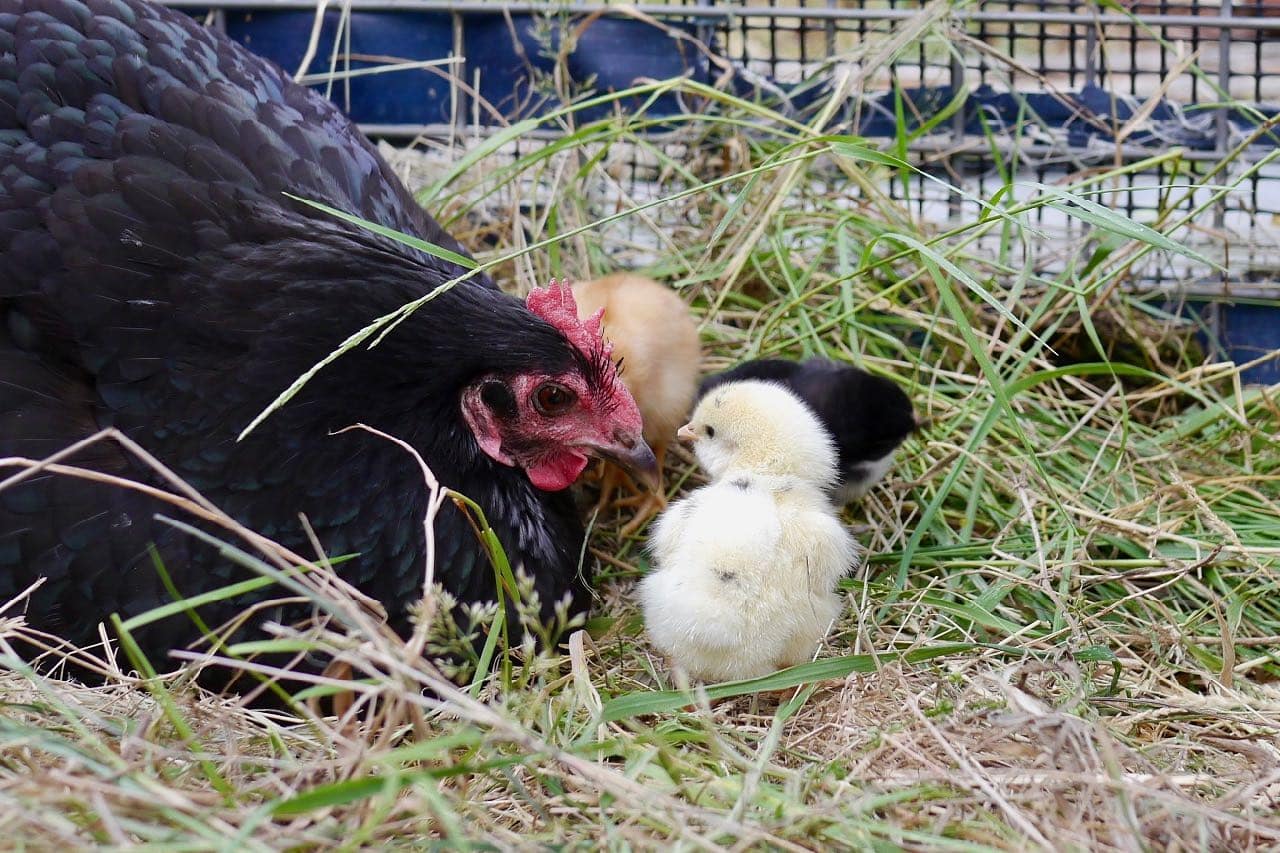
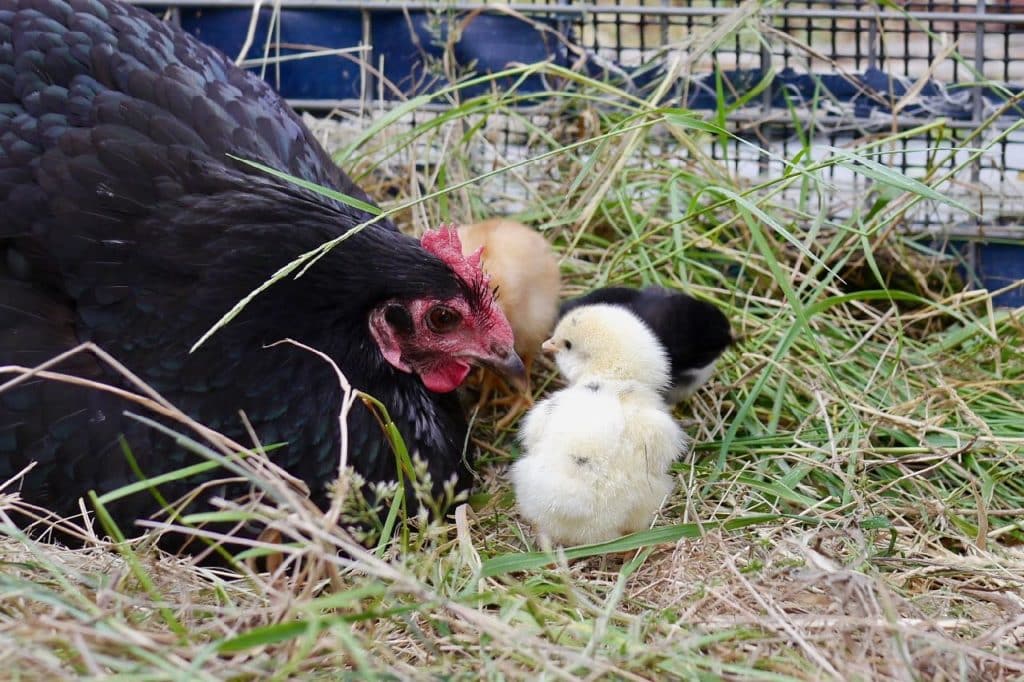
Thinking of getting chickens? Watch + read this first! Our beginner’s guide to keeping happy and healthy chooks, plus a downloadable checklist, will get you asking all the ‘good questions’ you need to consider before you begin.
Chickens are possibly one of the most under-rated backyard pets. They are friendly, hugely entertaining, affectionate and playful. They have truly individual personalities and are just so loveable, once you get to know them. All this and they’re highly productive, in lots of different ways.
Treat your chickens well and in return you’ll receive an abundance of fresh eggs plus manure and feathers for fertilising your garden – and even meat, if you’re that way inclined. Given the chance, your hens will also turn over organic matter and help keep insects under control.
But! A few words of caution before you race off to find your new feathery friends…
The video below is a lesson from inside our Permaculture Living online course – a 12-week program of new skills, habits and ongoing support to enable you to kickstart your household + community resilience, and start living like it matters! You can join the waitlist here.
First: consider how you’ll integrate chickens into YOUR home system
Your goal, of course, is to integrate your chickens into your life in a harmonious way. To do this, you need to ensure these lovely sentient beings are properly provided for, with all their needs met. You also need to plan for their outputs, so you aren’t creating sources of pollution.
Let’s think through a few factors you need to link up to be able to keep chickens.
Consider first the chicken and her need for food, a resting place, shelter, companionship, safety; a life full of joy which allows her to express her innate chickenness. Think also of her yields: feathers, feather dust, eggs, chicken manure, carbon dioxide from breathing.
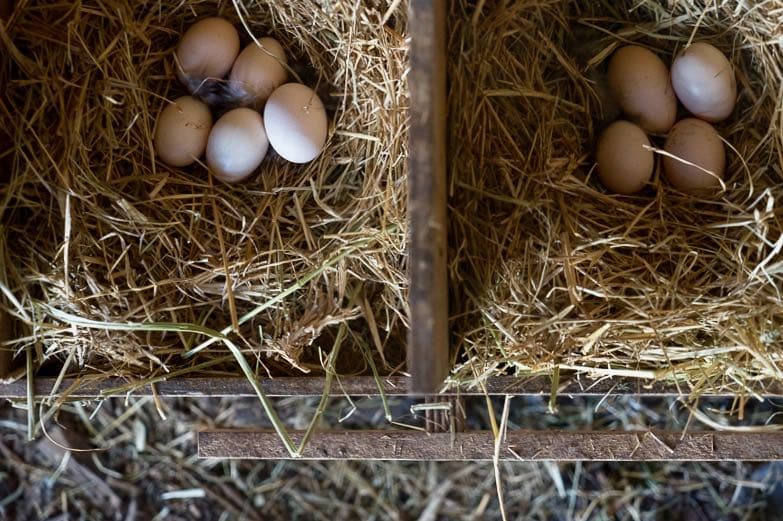
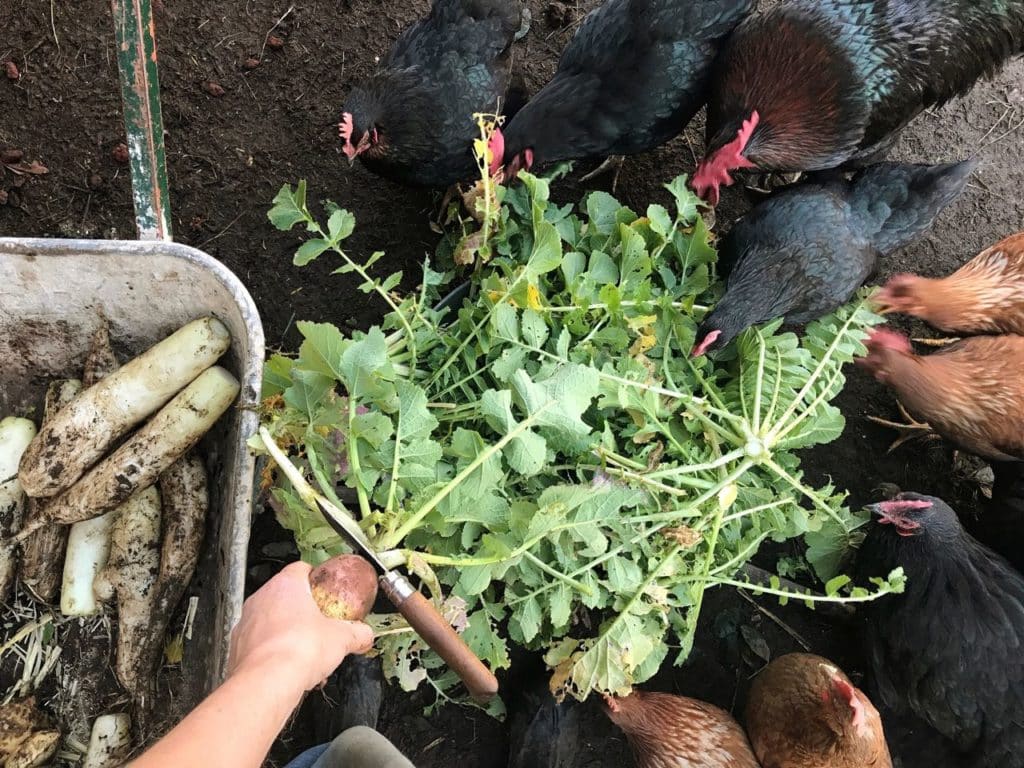
At its most basic, your integrated system might look like this:
Your kitchen scraps (or caterpillar-munched garden veg) might be a great addition to your chicken’s diet. The ladies in turn will give you eggs, manure, and free pest eradication services.
Of course you eat the eggs… and then worms or black soldier flies can process the girls’ manure, and the manure can fertilise your garden. Black soldier fly larvae can be fed to your chickens. What a wonderfully positive loop you’ve created!
Getting started with chickens – a detailed how-to…
There really is a lot to consider before you bring any hens home: everything from housing and shelter to high-protein feed, dirt baths and mite prevention.
So here’s a (only slightly humorous…) video lesson from our Permaculture Living course on all things chicken-related, to lead you through the basics.
Feeling ready to welcome chickens into your life? Congratulations! To help you get it right from day one, we’ve created a handy checklist you can tick off as you complete your set up.
Still got questions? We’ve compiled a bunch more helpful resources below…
And if you have any queries or concerns, comment below – we’ll do our best to help. Happy chicken keeping!
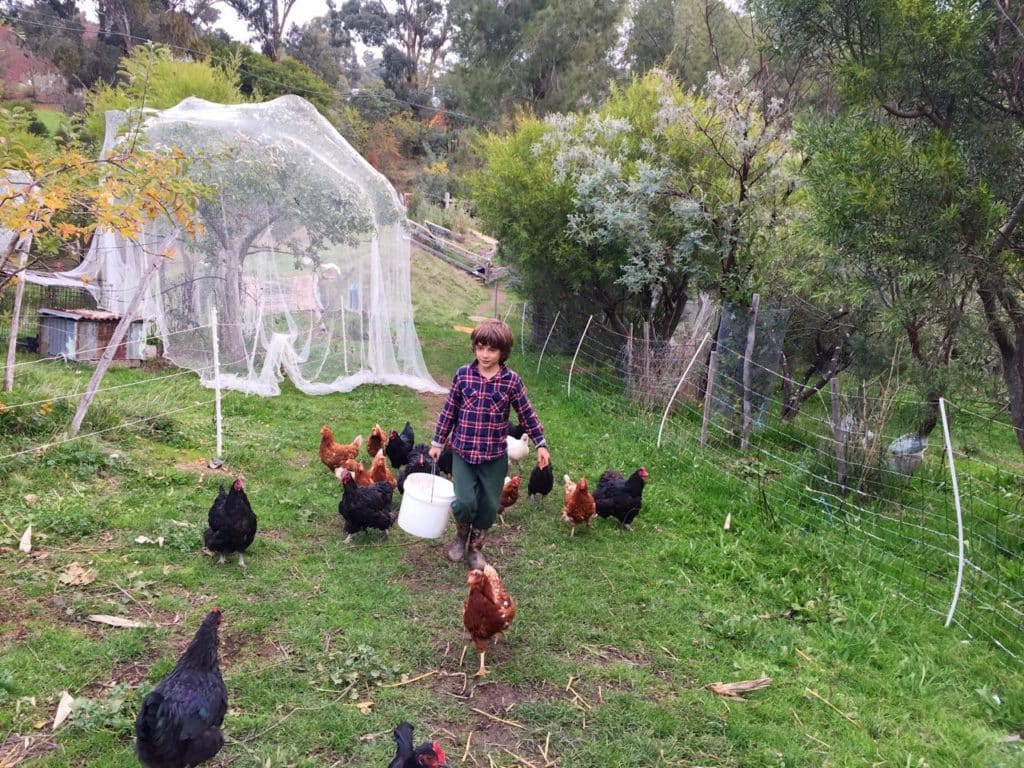
Resources
Articles
- All our articles on chicken keeping
- Backyard Chickens – How to Get Started, Abundant Permaculture – just about any question you can think of regarding chickens.
- Rare Breeds of Australia, Rare Breeds Trust of Australia – breeds and their temperaments.
- Chicken Breeds – poster.
- Permaculture Chickens – 6 Practical Lessons from the Evolution of Chickens, Marcus Looby, Permaculture News – what modern evolution of chickens can teach us about their care Heritage Hens, Organic Gardener – recommendations for best heritage breeds.
- Maggot Farming as Waste Management, Jessica Perini, The Ecology of Being – how to work black soldier flies into your chicken coop system to mutual advantage.
- Rawbale Chicken House Design – an article by us a few years back, detailing a technique we developed for building a chicken house out of raw straw bales.
Videos
- Chickens in the Food Forest, Permaculture Gardening With Chickens, The Gardening Channel, James Prigioni, YouTube – great observation on chickens in food forests.
- How to Design a Chicken Coop by Farmer Rishi – a really detailed overview of all things you need to consider in your coop, including clever DIY solutions to nesting boxes, feeders, waterers and more.
- La Voiture de Police Poulailler, Benedetto Bufalino, YouTube – a police car chicken coop!
- Morag Gamble’s Permaculture Masterclass #11: Permaculture Design for Happy Chickens and Eggs, Morag Gamble: Our Permaculture Life, YouTube – masterclass on integrating chickens into your system.
- Rodent-Resistant Chook Feeder, Good Life Permaculture, YouTube – a DIY approach to making your own automatic chicken feeder, at very low cost!
Websites
- American Poultry Association – links to breeder associations from around the world.
- Grandpa’s Feeder – cool pest-proof and chicken-powered invention for chicken feed.
- Dine-a-chook – another automatic feeder option, and also a great automatic waterer option.
Book
- Jackie French’s Chook Book – a brilliantly thorough resource covering every aspect of chicken keeping, from hatching eggs to dispatching of sick and elderly hens – Booktopia
Video credits…
Thank you to Dylan, our videographer. Thanks to Charlie Mgee, of Formidable Vegetable, for the music used throughout. Thanks to Brenna Quinlan for beautiful illustrations, diagrams and titles. And thanks to all the rest of our team who helped make this Permaculture Living course and all its resources possible. You are awesome.

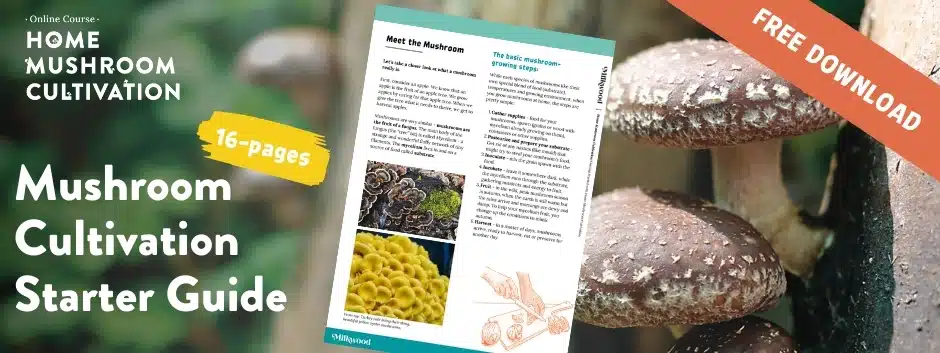
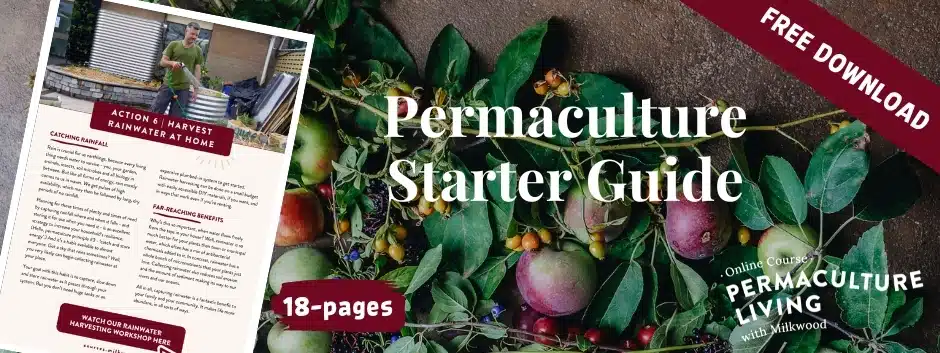


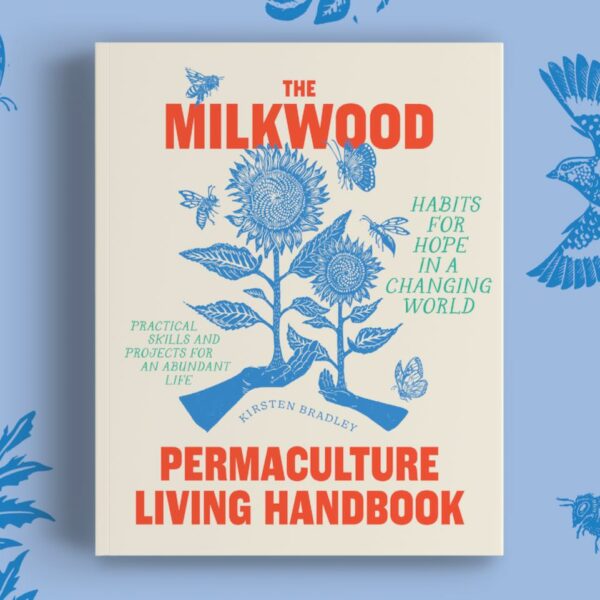
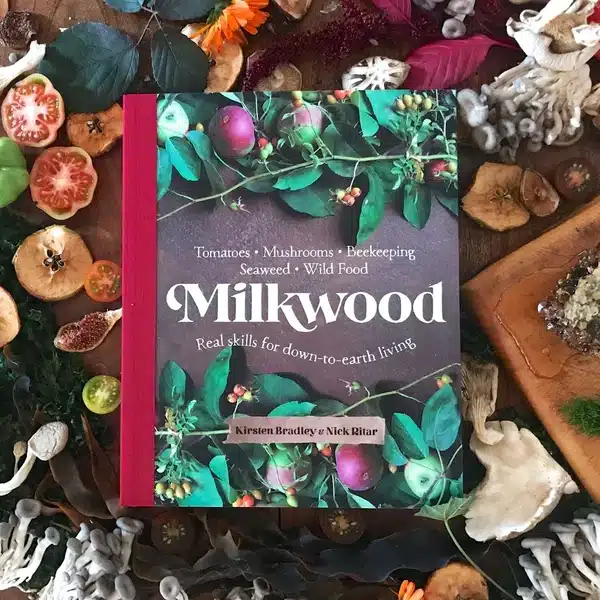






Thanks for sharing, Kirsten! I think the importance of a commercial feed can not be over stated. Chickens have been domesticated for so long that their nutritional requirements have become very specific particularly given the reproductive output that they’ve been bred for.
yep, it’s a tricky thing though, yes? I dont want to encourage dependance on commercial products, however it is a factor of our current chicken breeds. That said, I’ve known plenty of amazing layers who were fed kitchen scraps and grain (and forage) and all was well, plenty of eggs. I suppose its a balance between our production expectations and the need to create self-reliant systems 🙂
Hi, thanks for the video, just thinking it would be helpful to make people more aware of the impact of foxes, how prevalent they are and how secure a coop / run really needs to be.
I’ve read recently that feeding slugs and snails to chickens is unwise as they are vectors for tapeworm, which can be passed on to the chickens. Any update on this advice?
Thankyou! I learnt a lot from this!
You’re welcome 🙂
How do you do the layer feed, with what do you begin with and is it expensive?